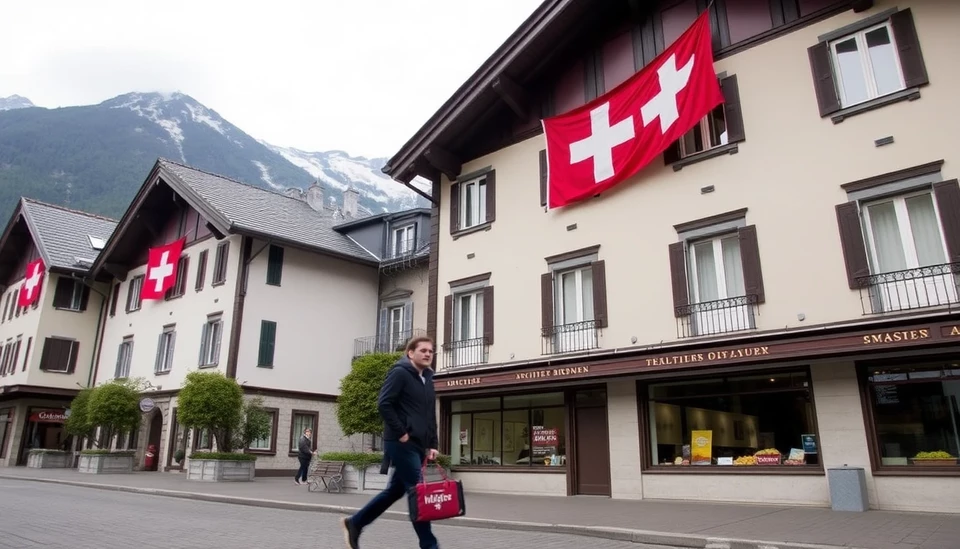
Switzerland has reported a significant slowdown in inflation rates, marking the most moderate pace since 2021. As of February 2025, the Consumer Price Index (CPI) shows an annual inflation rate of just 1.7%, down from 2.4% recorded in the previous month. This shift comes as a major relief for consumers and policymakers alike, especially considering the recent turbulence in global markets.
Latest data from the Swiss Federal Statistical Office reveal that the main contributing factor to this decrease is the dramatic decline in power prices. Energy costs showed a staggering drop of 0.9% compared to the same month last year, alleviating one of the most pressing burdens on households and businesses.
Analysts suggest that the easing energy prices stem from a blend of factors including a boost in domestic energy production and a shift back to traditional energy sources after the recent energy crisis. The price drops have provided some much-needed breathing room for Swiss consumers, who faced a year of escalating costs across various sectors.
Food prices have also seen a notable reduction, contributing further to the decrease in inflation. Notably, prices of key food items fell by 0.5%, providing an added boost to consumer sentiment. Despite the overall decrease, certain sectors continue to experience inflationary pressures, particularly in services like hospitality and healthcare, where prices have remained relatively stable.
The Swiss National Bank (SNB) will likely take this latest inflation data into consideration as it approaches monetary policy decisions in the coming months. The central bank has previously expressed its commitment to maintaining price stability and has hinted at possible adjustments if inflation trends maintain a steady decline.
Looking ahead, economists are divided on the outlook for Swiss inflation. Some believe that as energy prices stabilize and supply chain issues are resolved, inflation may hover around these lower levels, while others caution that the global economic landscape remains fraught with uncertainties that could influence price movements.
In summary, Switzerland's current inflation trend, marked by a decline in energy and food prices, provides a hopeful outlook for consumers and suggests that economic conditions could be stabilizing. This development is particularly noteworthy as countries worldwide grapple with fluctuating inflation and economic challenges.
As more data is analyzed, all eyes will be on the SNB's response and how this will shape financial policy going forward in order to ensure economic resilience in the face of potential future challenges.
#SwissInflation #Economy #ConsumerPriceIndex #EnergyPrices #SNB #InflationTrends #EconomicStability #Switzerland
Author: Laura Mitchell
